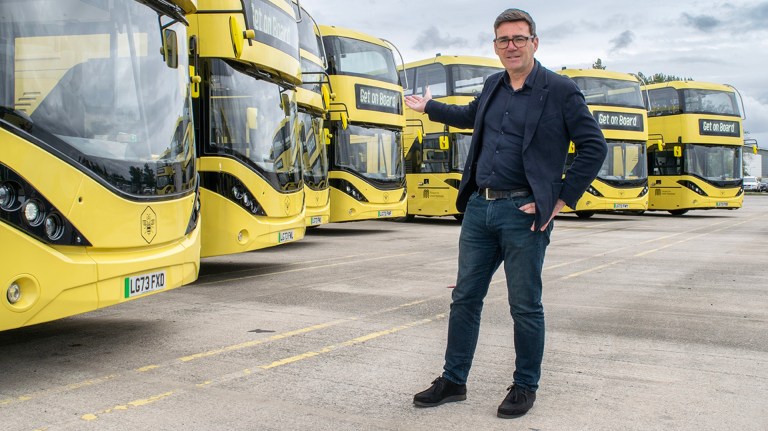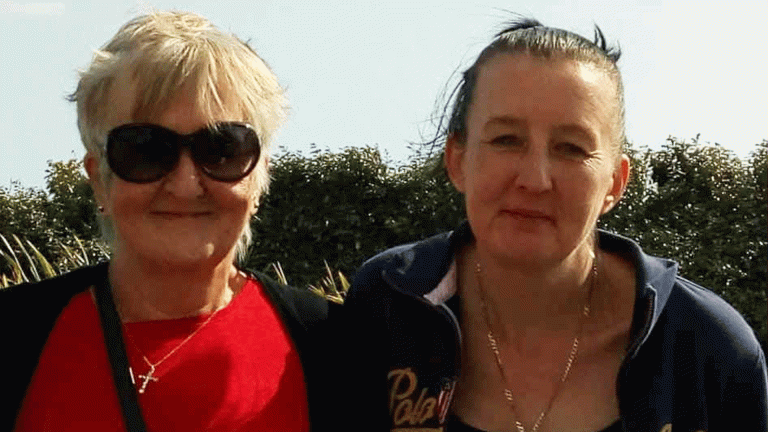The mayor used the platform to announce a £4.8m investment in 3,500 supported housing units across the capital, part of a 2024 manifesto pledge to end rough sleeping in London by 2030. City Hall will publish a roadmap to the 2030 goal at some point next year; in the meantime, they have issued a “call for evidence” from those with expertise and lived experience.
“We know we can bring down rough sleeping – it’s exactly what was done during the pandemic, and also two decades ago,” said Khan.
“However, with rough sleeping in London and across the country on the rise, the reality is that the situation will get worse before it gets better.”
Both the mayor and the central Labour government have blamed the Conservatives for the homelessness crisis, citing a failure to build enough social housing. In the decade to 2022-23, just under 94,000 new social homes were built. Meanwhile, more than 212,000 were sold via Right to Buy, and another 58,000 were demolished.
The result is an over-reliance on temporary accommodation. “Temporary accommodation is supposed to be temporary. I’ve met families who have been in temporary accommodation for 14 years,” Khan said.
“When we hand over their key to the council home, they tell us how transformative it is to their lives, their families’ lives. That’s why I’m impatient to build more council homes, more homes that people can afford to live in, to end the scandal of sofa surfing, the scandal of temporary accommodation, the scandal of rough sleeping.”
Advertising helps fund Big Issue’s mission to end poverty
The health consequences can be severe. A total of 55 children have died while living in temporary accommodation since 2019.
Sadiq Khan has pledged to build 40,000 more council homes in London by 2030. However this promise will be contingent on a significant funding injection from the national government.
Reports suggest that Keir Starmer’s government has earmarked an extra £500m for new social housing in the autumn budget. The Treasury said it will bring total investment in housing supply to £5bn.
Minister Ali said that the government was committed to “working with the sector”.
“I know of course, funding is a major challenge, and there are questions about immediate funding pressures and the need for funding certainty,” she said. “You don’t have long to wait, you will find out from the chancellor… we know you need funding certainty.”
Filmmaker and Big Issue ambassador Lorna Tucker-McGarvey, who slept on the streets of London for 18 months as a teenager, welcomed the roundtable as a “powerful development” and described money spent on prevention as “money well spent”.
Advertising helps fund Big Issue’s mission to end poverty
“Spend your money wisely, speak to people in the sector, speak to people with lived experience,” she said. “If they put more money upfront in the areas that lead up to [homelessness], you can end homelessness.”
Do you have a story to tell or opinions to share about this? Get in touch and tell us more. Big Issue exists to give homeless and marginalised people the opportunity to earn an income. To support our work buy a copy of the magazine or get the app from the App Store or Google Play.









